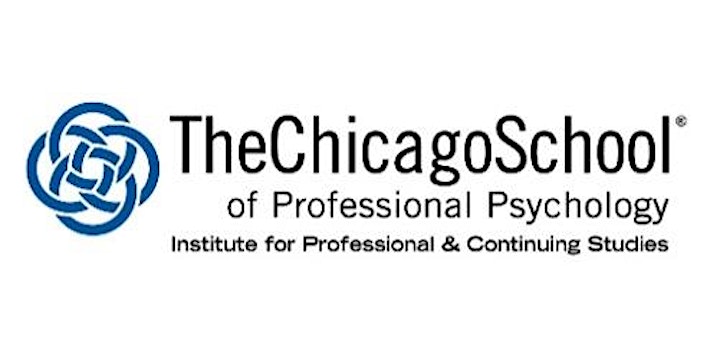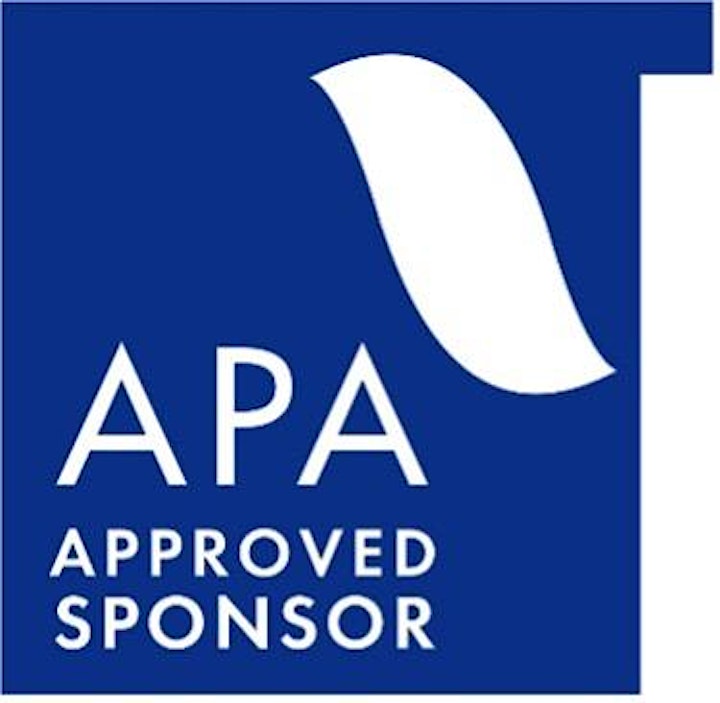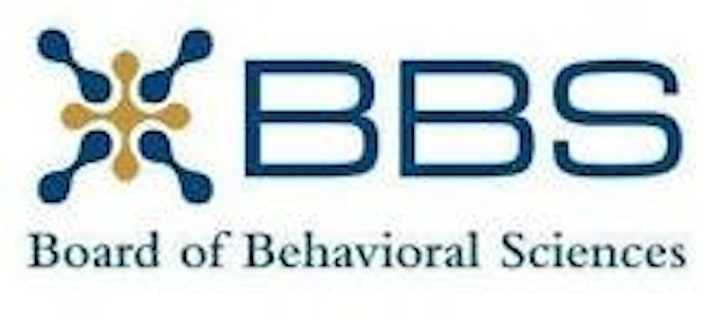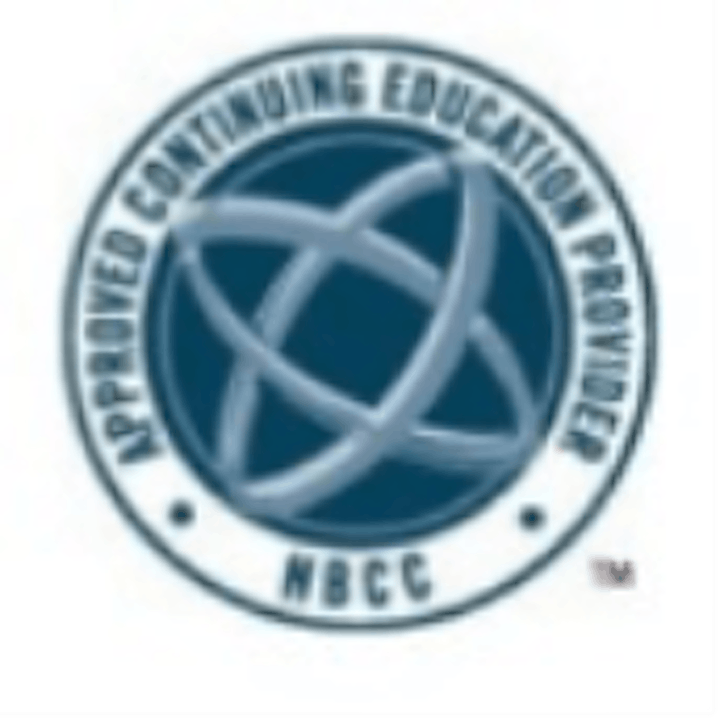
- This event has passed.
What Happens When We Feedback Research to Participants?
October 14, 2021 @ 11:00 am - 12:00 pm CDT

This webinar is being hosted on Zoom. The link to the Zoom meeting will be included in your order confirmation email from Eventbrite.
This live course offers 1 APA CE credit for Psychologists, 1 BBS California CEU for Licensed Counselors, Social Workers or Marriage and Family Therapists, or 1 NBCC Clock Hour.
About This Event
A photo-elicitation, participant-led research study will be briefly introduced based around the question ‘What is important to looked-after young people during adolescence?’ (Matthews, 2016). An aspect of this design will be explored in which the researcher returned to participants following analysis.
Much participation work that occurs with young people fails to complete the process by feeding back to the young people about the outcomes of the research. Theoretical rationale for this practice will be discussed and located within a participant-led methodology, including evidence that feeding back is one way to ensure young people as participants feel ‘listened to’ (Fleming, 2013). There are strong methodological and ethical arguments for this practice, but evidence to guide researchers in this practice and experiences of doing so is lacking within the extant literature (Dixon-Wood, Tarrant, Jackson, Jones & Kenyon, 2011; Fernandez et al., 2007)
The session will then go on to explore the data from this ‘feedback phase’ and specifically the young people’s experiences of the research process. It will then consider what happens when a researcher returns to participants to present their analysis. Based on these findings, benefits and limitations of this ‘feedback’ practice will be explored, and theoretically located and critiqued as well as practically considered. It will also be considered what impact it may have if researchers do not return to participants following research.
Learning Objectives
At the completion of this program participants will be able to:
1) consider and critique established research practices and the incorporation of participatory-led practices into research design.
Speaker
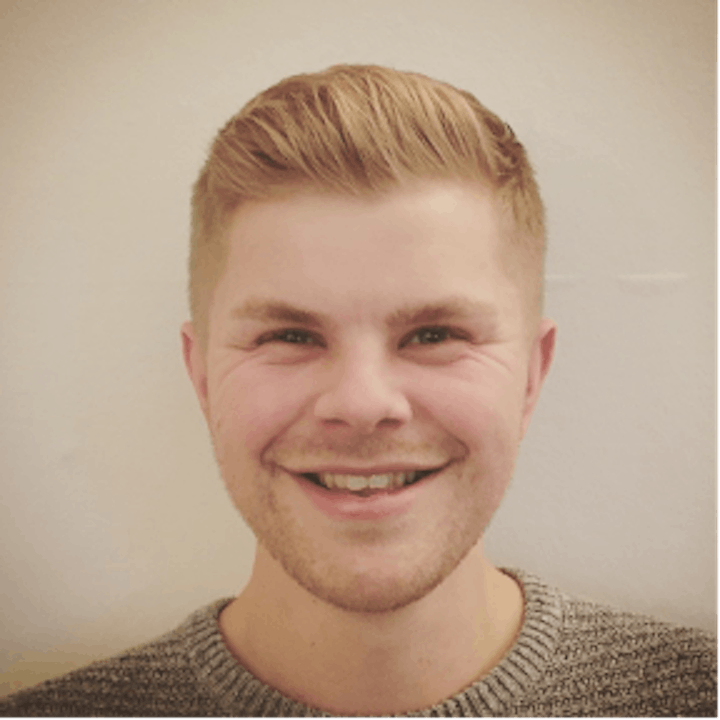
Tom Matthews is a lecturer within the Psychological Therapies and Mental Health subject group at Leeds Beckett University, UK. He is a HCPC registered Clinical Psychologist, actively undertaking clinical practice within the NHS, third and private sectors. Tom’s work as a Clinical Psychologist has predominantly been with young people and families, working in ways which support them around their psychological wellbeing. This has included working within both generic and specialist child and adolescent mental health teams, such as a Gender Identity Development service, in Looked-after and Adopted Children’s CAMHS teams, and within the CAMHS team of a Secure Children’s Home. Tom’s primary interest is in the impact of trauma, particularly developmental trauma, working with looked-after and adopted young people, and gender identity. Tom combines lecturing with working clinically in the NHS and private sectors, as well as being a clinical advisor to a national children’s charity. Within clinical work, Tom identifies as taking an integrative approach as a psychologist, drawing upon a range of models in his work. These include CBT with a strong lean toward third wave CBT (such as Compassion Focused Therapy & Acceptance and Commitment Therapy) and mindfulness, alongside systemic and narrative practice and trauma-focused interventions, such as dyadic developmental psychotherapy. The methods in which he practices involve working with individuals, pairs (such as couples and parent-child dyads), and families, as well as offering group-based interventions.Alongside his clinical experience, Tom has developed an interest in participation and the use of creative methods, such as photo-elicitation, in research. Tom’s doctoral research was exploring the experiences of adolescence for young people living in foster care, using a qualitatively driven, photo-elicitation methodology.
Program Standards and Goals
This program meets APA’s continuing education Standard 1. 3: Program content focuses on topics related to psychological practice, education, or research other than application of psychological assessment and/or intervention methods that are supported by contemporary scholarship grounded in established research procedures.This program meets APA’s continuing education Goal 3: Program will allow psychologists to maintain, develop, and increase competencies in order to improve services to the public and enhance contributions to the profession.
References
Dixon-Woods, M., Tarrant, C., Jackson, C. J., Jones, D. R., & Kenyon, S. (2011). Providing the results of research to participants: a mixed-method study of the benefits and challenges of a consultative approach. Clinical Trials, 8 (3), 330-341.Fernandez, C. V., Santor, D., Weijer, C., Strahlendorf, C., Moghrabi, A., Pentz, R., Gao, J., & Kodish, E. (2007). The return of research results to participants: pilot questionnaire of adolescents and parents of children with cancer. Pediatric blood & cancer, 48 (4), 441-446.Fleming, J. (2013). Young people’s participation – Where next? Children and Society, 27, 484- 495. Matthews, F. T. (2016). What is important to looked-after young people during adolescence? A qualitatively driven photo-elicitation study (Doctoral dissertation, University of Leeds).
Registration and Fees
Chicago School Faculty, Students, and Alumni: Free (Chicago School email required for free registration)Community Members: $10.00Potential Students Only (*No CEUs Provided*)
All funds raised through this workshop will benefit The Chicago School of Professional Psychology’s Washington DC Campus Counseling Department Scholarship Program.
Refund Policy: 100% of tuition is refundable up to 48 hours before the program. Within 48 hours of the program, tuition is nonrefundable.
Continuing Education
Target Audience: Professionals from all mental health disciplines and graduate students from all mental health disciplines.
Psychologists. The Chicago School of Professional Psychology is committed to accessibility and non-discrimination in its continuing education activities. The Chicago School of Professional Psychology is also committed to conducting all activities in conformity with the American Psychological Association’s Ethical Principles for Psychologists. Participants are asked to be aware of the need for privacy and confidentiality throughout the program. If program content becomes stressful, participants are encouraged to process these feelings during discussion periods. If participants have special needs, we will attempt to accommodate them. Please address questions, concerns and any complaints to Danielle Bohrer at 312-467-2364. There is no commercial support for this program nor are there any relationships between the CE Sponsor, presenting organization, presenter, program content, research, grants, or other funding that could reasonably be construed as conflicts of interest.
MFTs, LPCCs, and LCSWs. Course meets the qualifications for continuing education credit for MFTs, LPCCs, and/or LCSWs as required by the California Board of Behavioral Sciences. If you are licensed outside of California please check with your local licensing agency to determine if they will accept these CEUs. The Chicago School of Professional Psychology is approved by the California Board of Behavioral Sciences (BBS) to offer continuing education programming for MFTs, LPCCs, LEPs, and/or LCSWs. The Chicago School of Professional Psychology is an accredited or approved postsecondary institution that meets the requirements set forth in Sections 4980.54(f)(1), 4989.34, 4996.22(d)(1), or 4999.76(d) of the Code.
Participation Certificate. The Chicago School of Professional Psychology is able to provide students and other participants who simply wish to have documentation of their attendance at the program a participation certificate.
Non Psychologists. Most licensing boards accept Continuing Education Credits sponsored by the American Psychological Association but non-psychologists are recommended to consult with their specific state-licensing board to ensure that APA-sponsored CE is acceptable.
*Participants must attend 100% of the program, and pass a brief comprehension quiz, in order to obtain a Certificate of Attendance.
The Chicago School of Professional Psychology is approved by the American Psychological Association to sponsor continuing education for psychologists. The Chicago School of Professional Psychology, Washington DC Campus has been approved by NBCC as an Approved Continuing Education Provider, ACEP No. 3061. The Chicago School of Professional Psychology maintains responsibility for this program and its content.
